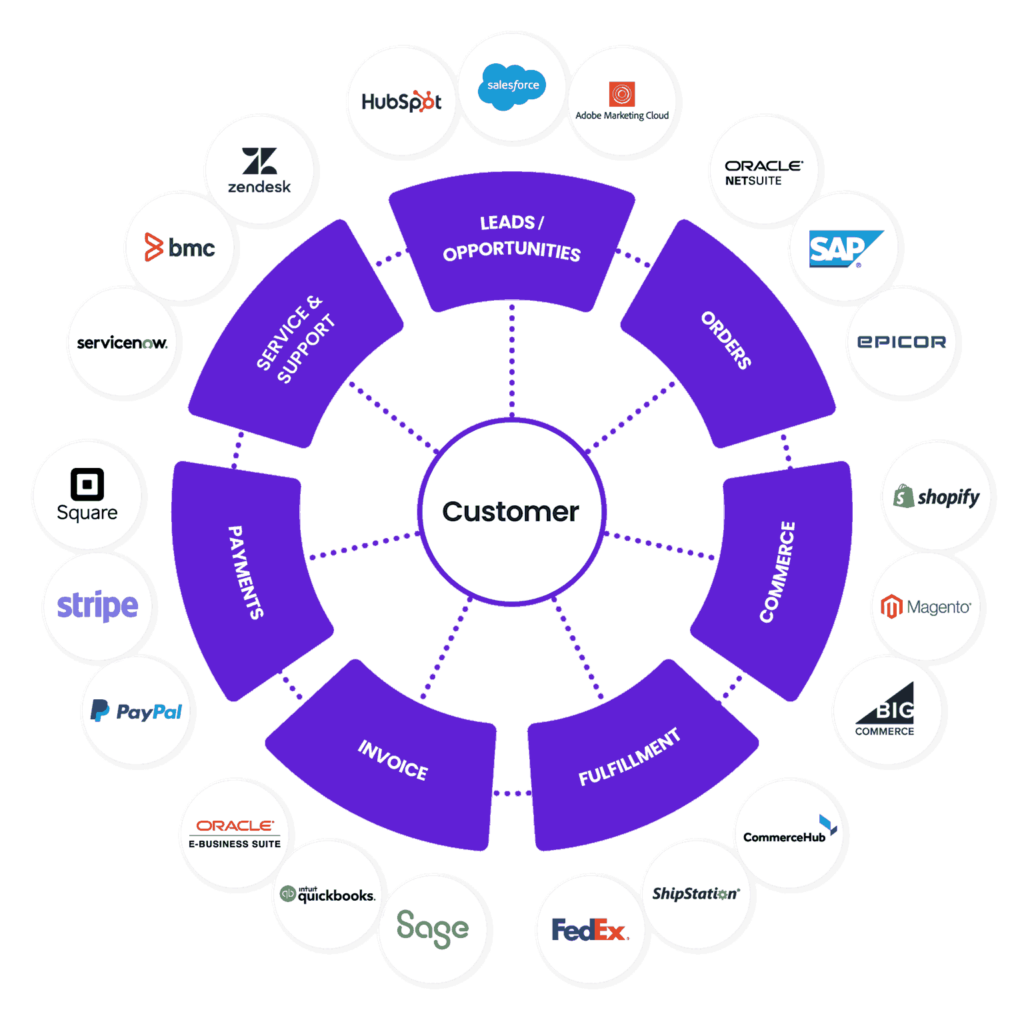Expertly Managing IT While You Focus on Growth!


Proven Track Record
Customer Satisfaction
We Have Completed
Average Answer Time
Streamlining Tech
in a Complex World
Budget-friendly Strategies
Optimizing IT Costs: Our solutions deliver cost-effective strategies to enhance your financial efficiency.
Cutting-edge Solutions
Pioneering Tech Trends: Keeping you ahead with cutting-edge solutions for sustained innovation.
Vertical Knowledge
Tailored Solutions: Specializing in your industry, we provide expertise-driven services to meet your distinct requirements.
Flexible Expansion
Grow with Confidence: Our scalable solutions adapt to your business, ensuring enduring value from your investment.
Solutions
Empowering Every Industry, Every Day with Innovative IT Solutions
Connecting You with the Finest IT Tools and Platforms.
Exclusively Partnering with Premier Tools and Platforms to Deliver Top-notch Services and Cutting-edge Technology.
Tech Hurdle Solutions
Data Centers and Hosting
Elevate data management with our secure hosting services. Partnering with leading data center providers, we ensure seamless performance and prioritize reliability for your business.
Amazon Web Services (AWS)
Microsoft Azure
RackSpace
OVH
DigitalOcean
Bluehost
![]()
Collaboration Nexus
Redefine teamwork with our unified collaboration solutions. Partnering with top providers, we boost productivity, empowering your workforce for boundless success.
Exchange Online
Sharepoint Online
Defender for 365
Autopilot
Office Apps
Windows 365
![]()
Cloud Plattforms
Skyrocket your business with our agile cloud platform solutions. Partnering with industry leaders, we offer infinite possibilities that fuel innovation, adapting to your evolving business needs.
Amazon Web Services (AWS)
Microsoft Azure
Google Cloud Platform (GCP)
Oracle Cloud
IBM Cloud (Kyndryl)
Linode (Akamai)
![]()
Network and Connectivity
Power your business with our advanced networking and connectivity solutions. In partnership with leading providers, we elevate connectivity with seamless solutions, ensuring reliability and speed for your success.
CiscoSophosWatchguard
Extreme Networks
Dell Technologies
VMware
Recovery
Veeam
Altaro
Acronis
Zerto
![]()
Success Stories

Building a Website for a Photo and Video Sharing Business
The new website has helped the business attract new users and provide easy access to a large collection of art model references. The user-friendly interface and clear navigation have made it easy for users to find the specific type of reference they need. Additionally, the website’s customer testimonials have helped to build trust and credibility with potential customers.

Ongoing Support for Website Maintenance and development for a north american applied ai company
The ongoing support provided by our team has helped the North American applied AI company to maintain a strong online presence. The regular updates and improvements to the website have kept it current and engaging for users. The technical support and troubleshooting provided by our team ensured that the website remained operational and provided a seamless user experience.

Building a Website for a Voluntary Organization in the Food Industry
The new website has helped the organization attract new members, provide easy access to resources, events, and publications. The user-friendly interface and clear navigation have made it easy for members and non-members to find the specific information they need. The website’s responsive design ensures that it can be accessed on any device and the e-commerce platform has made it easy to purchase publications.





Partner with Us for Comprehensive IT
We’re happy to answer any questions you may have and help you determine which of our services best fit your needs.
Your benefits:
- Client-oriented
- Independent
- Competent
- Results-driven
- Problem-solving
- Transparent
What happens next?
We Schedule a call at your convenience
We do a discovery and consulting meting
We prepare a proposal
Schedule a Free Consultation
Partnered with the Best
Partnering with premier CMS and CRM leaders globally, we deliver superior IT support, fostering your business growth with cutting-edge solutions.


















